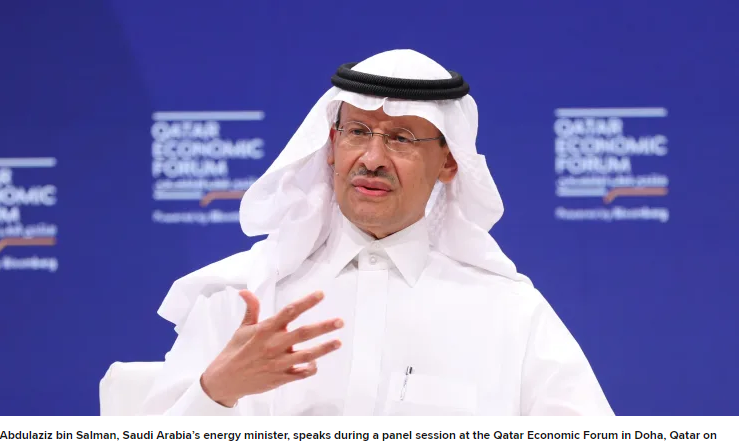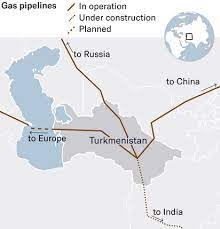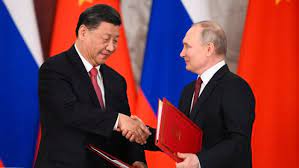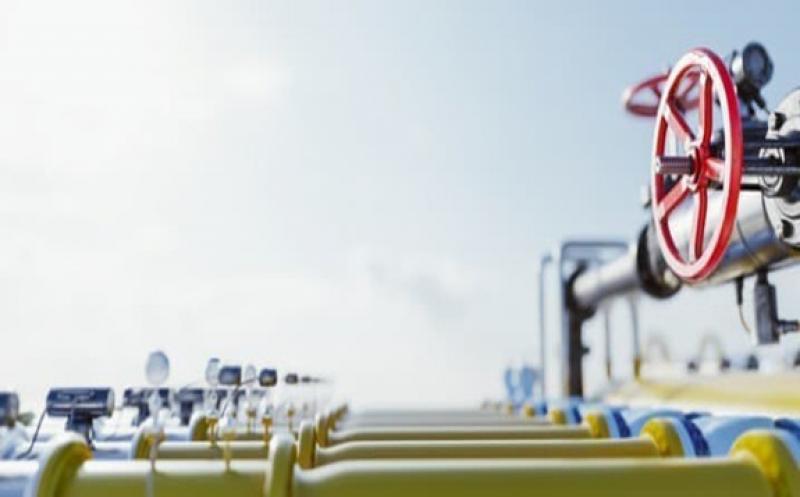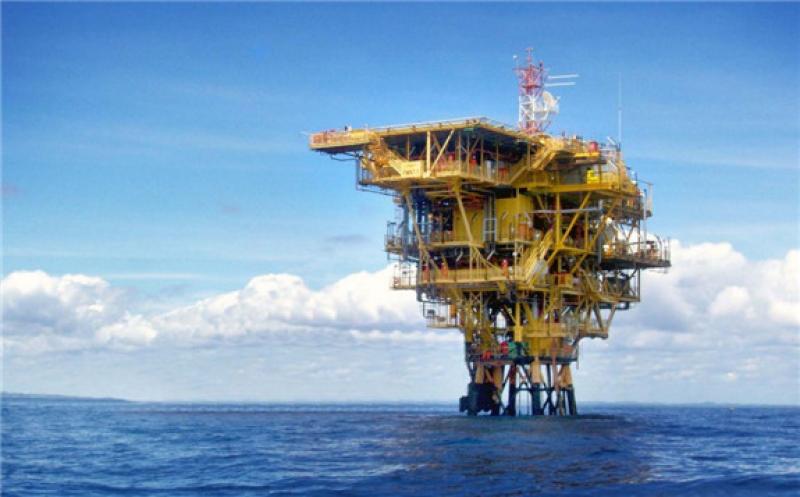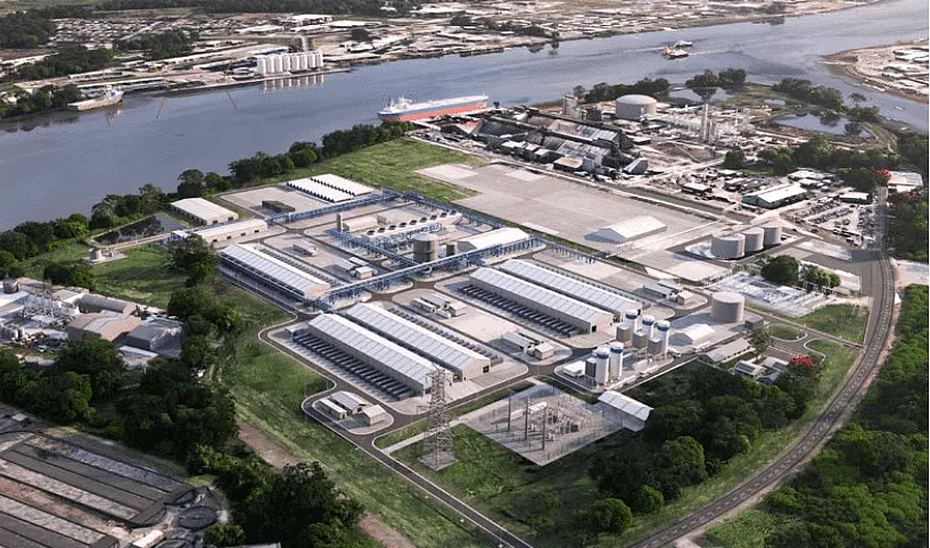
Incitec Pivot Limited has decided to offload its Gibson Island property in Murarrie, Brisbane, signaling a strategic shift from previous green ammonia ambitions. The 57-hectare site, which was operational for half a century as a fertilizer production facility, will no longer transform into Fortescue Future Industries' envisioned green hydrogen plant.
Mauro Neves, CEO of IPL, articulated during the company's annual financial disclosure that the firm is still on track to segregate its fertilizer segment within the next year, potentially divesting portions to optimize value and solidify execution certainty. "We remain committed to delivering the Fertilizers separation in the next six to 12 months, with a potential divestment in parts to maximise value and increase execution certainty,” Mr. Neves stated.
Since ceasing urea production in early 2023, the site has served as a distribution hub for markets in Queensland and northern New South Wales. The company plans to transition its primary distribution operations to a modern facility managed by Qube at the Port of Brisbane, heralding significant advancements in logistical capabilities.
Additionally, IPL is discontinuing the production of single super phosphate in Geelong by the end of 2025 and is looking to divest its distribution business, marking significant operational pivots across the board.
Reflecting on the transformations, Neves expressed satisfaction with the strategic exits from the fertilizer business and the progress towards bolstering IPL's global explosives division. In financial terms, the Fertilizers Asia Pacific unit recorded a decline in earnings, influenced heavily by the discontinuation at Gibson Island and operational dips at Phosphate Hill. The division's total sales volume, however, saw an uptick, attributed to robust trading conditions and marginally softer global fertilizer prices.
On the explosives front, Dyno Nobel Americas and Dyno Nobel Asia Pacific reported solid gains, underpinned by enhanced contract engagements and operational efficiencies.
Despite these strategic moves, IPL faced a substantial net loss for the fiscal year, largely due to non-cash impairments and costs associated with business restructuring and the closure of manufacturing sites.
